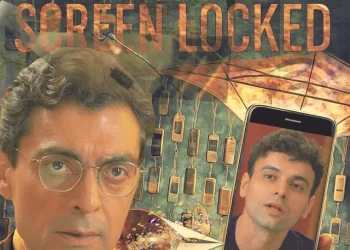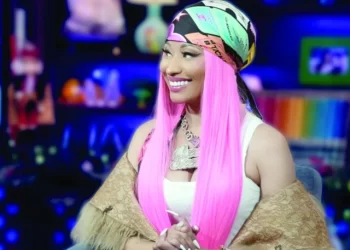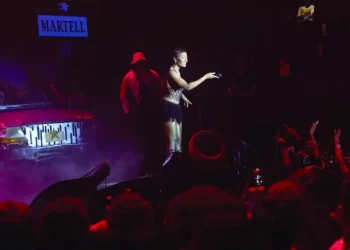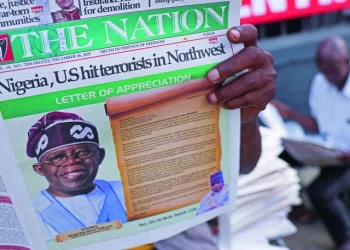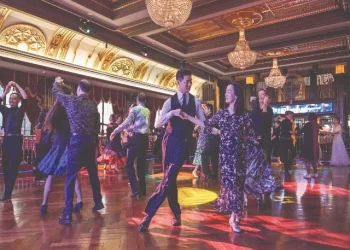Glass skin and suave, gallant fictional men may be South Korea’s leading cultural resets but once upon a pandemic, there was dalgona coffee. The frothy beverage that ruled social media during COVID-19 is named after the eponymous South Korean honeycomb toffee. However, beyond mimicking its crunchy, caramel-like flavour, the drink has little to do with the street snack.
“I don’t think it’s that different from a normal hand-beaten or whipped coffee,” Maham Wajahat, 24, tells The Express Tribune. A product consultant who requires a steady caffeine fix to go about her day, she recalls spending most evenings during lockdown beating the mixture to wispy peaks with her cousin.
“I was already familiar with it but Instagram and Facebook reels made me really get into it,” Maham explains. “It just got traction during COVID.”
The idea of whipping instant coffee into a velvety, cloud-like foam has lurked around long enough under different labels. Here at home, the traditional hand-beaten coffee was for the longest time perhaps the only sweet coffee known to Pakistanis. Even today, I can vividly recall standing by the kitchen door, observing my cousin’s wife expertly beat the coffee mixture. She would then ingeniously blend it with ice cream, turning the refreshing cold drink into a hallmark of hot summer days.
In 2019, shortly after its popularity spiked, Bettina Makalintal explored dalgona’s contentious origins for Vice. One plausible home for the viral brew seems to be Macau. More specifically, Hon Kee Café.
‘Troublesome’
The unassuming shipyard café appeared in the 90s, courtesy of former shipbuilder Leong Kam Hon, who ventured into dining business after nearly losing an arm in an accident. Leong learned to make the intensely-stirred coffee from a couple attending Macau Grand Prix and promptly declared it too “troublesome” to try again.
Hon Kee Café would go on to become the incubator for dalgona coffee, though not without some identity crises. Changing the café’s fortunes, in 2004 Crouching Tiger, Hidden Dragon star Chow Yun-Fat walked through its doors and gave Leong a reason to serve his back-breaking brew. ‘Chow Yun-Fat coffee’ would soon catapult his humble establishment into the spotlight.
Almost 16 years later at the outset of COVID-19, Korean actor Jung Il Woo was caught sipping the same coffee at Hon Kee Café. The sweet punch, reminiscent of dalgona, rebranded the coffee and set the stage for its viral resurgence.
Since then declared a fad, dalgona coffee is not quite a hashtag of yesteryear for those who jumped on the bandwagon. The labour-intensive whipped coffee transports many, by its name alone, back in a time torn asunder by precarity and privilege — Pakistani coffee drinkers being no exception.
Sara Zafar, whose introduction to the viral beverage can be credited solely to Instagram reels, cannot separate dalgona from recollections of COVID-19. “It brings me the memories of staying home and experimenting with different things to pass time by. I think it connected many people virtually during a difficult phase,” Sara tells The Express Tribune.
Even the worst of history is not immune to nostalgia. Virtual classes, tight-fitting promises of N95s, the astringent draught of sanitiser – the pandemic was quick to institute a host of memorabilia in its new normal. However, few were able to absorb its paradoxes as dalgona coffee did.
For the lucky ones, time dilated into an unexpected expanse of leisure. Hobbies, from tending to bonsais to taking on the laborious task of hand-beating coffee, surged naturally to occupy newfound brackets of free time. Unless what came for you was not just the lockdown but the pandemic itself, a grievous collapse of body atop decrepit infrastructure.
Zarlish Kazmi recalls entering this two-pronged reality. Describing herself as “a regular 23-year-old, caffeine-dependant software developer,” Zarlish shelves the dalgona craze as one of the many other food trends (such as artisanal bread) that people turned to as an escape. “I think these trends were supposed to simulate a sort of idyllic calm while the world was crumbling and failing to cope with the pandemic.”
Lasting intimacies




